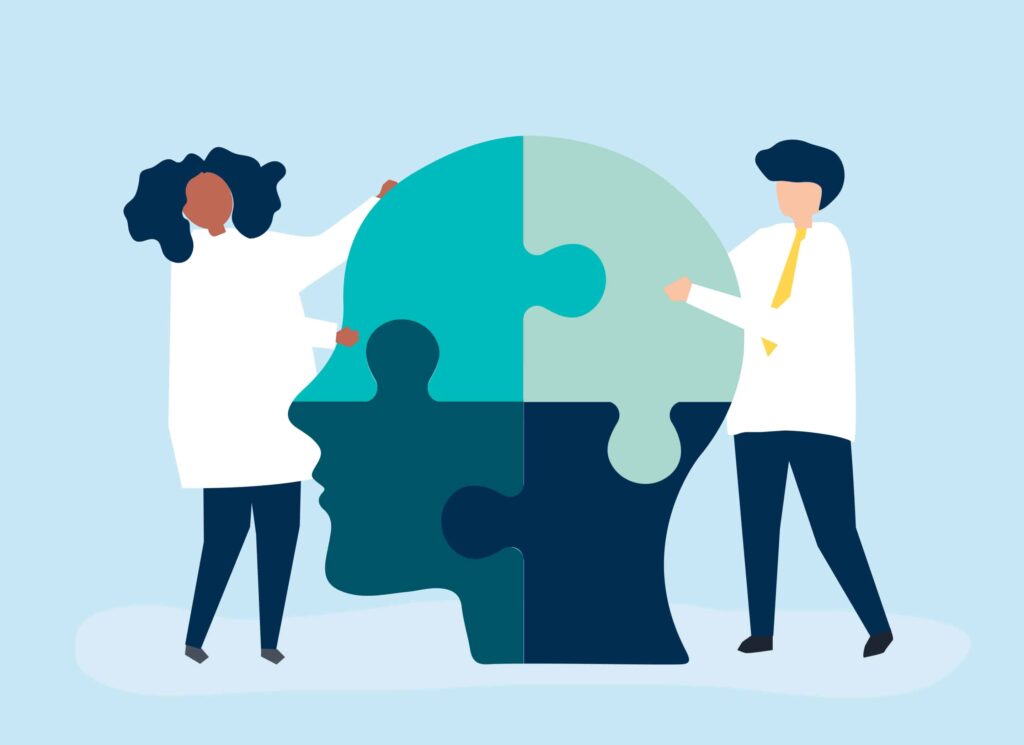Dissociative identity disorder (DID) is a mental health condition where an individual holds numerous distinct identities, often referred to as “alters.” Previously labeled multiple personality disorder, this condition remains widely misunderstood. With DID, a person may be aware of and name some of these alters, though others may remain unnamed or less defined.
What is Dissociative Identity Disorder?
DID typically results from profound trauma, which can stem from any close relationship or even unknown individuals. Most cases link back to early childhood trauma, where the mind creates distinct alters as a survival mechanism to process overwhelming events. Each alter embodies unique attributes and often functions independently, contributing to the complex whole of the individual’s personality. While alters usually form in childhood, new ones can emerge in adulthood in rare instances. Alters may feel either like integral parts of oneself or entirely separate individuals. Each alter can potentially have a different name, age, gender, voice, and personality.
With DID, memory sharing among alters is not consistent. Some may retain traumatic memories, while others do not. In extreme cases, physical traits like vision differences, medication responses, heart rates, and even immune functions may vary among alters. A person with DID may experience a disconnection from their body, which can become risky if self-harming or suicidal thoughts arise, as they might perceive actions as not impacting themselves. In such cases, recognizing signs of self-harm or suicidal intent and seeking immediate help by calling 988 for the National Suicide Hotline is crucial.
Types of Alters in DID
DID involves numerous types of alters. For a diagnosis, clinicians generally identify at least two alters, often including a “host” and another distinct identity. Common types include:
- Apparently Normal Parts (ANP)/Host
- Child alter
- Internal Self Helper (ISH)
- Introject
- Opposite-sex alter
- Persecutor
- Protector
- Sexual alter
- Suicidal/internal homicide
- Teen alter
Beyond these, less common alters might emerge, including:
- Animal alter
- Infant or baby alter
- Caretaker alter
- Demon or “evil” alter
- Fragment alter
- Military or political alter
- Nonhuman alter
- Robot or machine alter
- Spirit, ghost, or supernatural being
While not an exhaustive list, these categories cover the majority of different alters. Each alter will depend on the individual’s needs and their unique methods of coping with trauma.
Treatment Approaches for DID

DID is a lifelong condition, requiring consistent, ongoing therapeutic strategies. Treatment options include:
- Medication management
- Cognitive Behavioral Therapy (CBT)
- Dialectical Behavioral Therapy (DBT)
- Individual, family, or group therapy
Since each person’s experience with DID varies, treatment must be adaptable to the individual’s changing needs, as shifting alters can mean a method effective one day may require adjustment the next. Working with specialized mental health professionals familiar with DID is key to managing the complicated condition.
Alter Behavioral Health offers comprehensive mental health service. We offer crisis stabilization & intervention, residential mental health treatment, partial hospitalization programs, and intensive outpatient treatment. If you or someone you know is facing DID or significant trauma, our team is here to support you on the path to stability and well-being.
About Alter
Alter is a behavioral healthcare provider that specializes in evidence-based clinical treatment approaches. We provide a wide range of programs for adults and families experiencing mental health conditions including schizophrenia, depression, borderline personality disorder, anxiety, substance abuse, and more. This is done through client-centered care for a full-continuum of treatment. We serve the entire U.S. population from our revolutionary locations throughout sunny Southern California. Whether an individual needs 24/7 care or wants an outpatient program – we are there to guide every step of the journey. For more information, give us a call at (877) 613-9776 or visit our website at alterbehavioralhealth.com.



